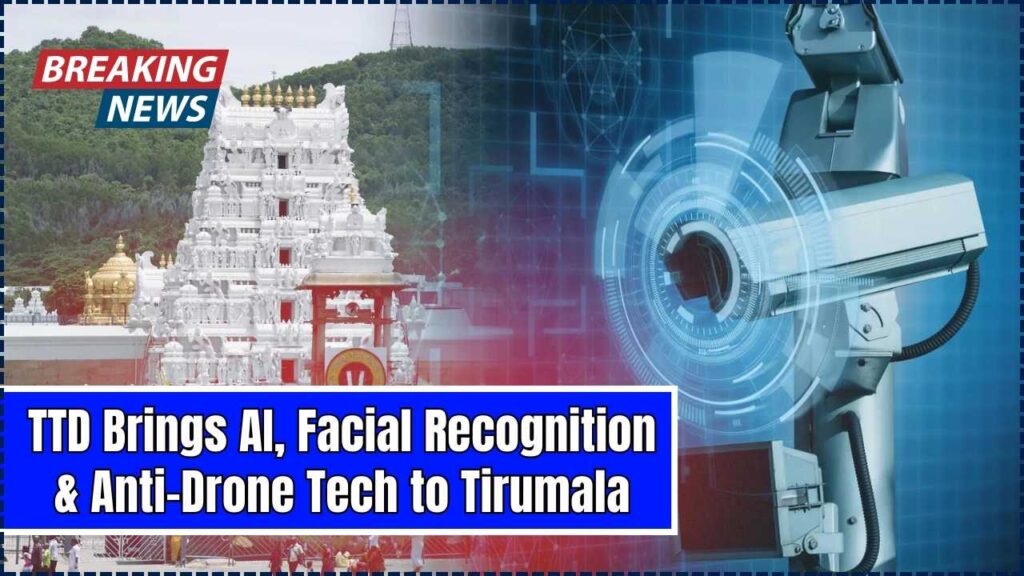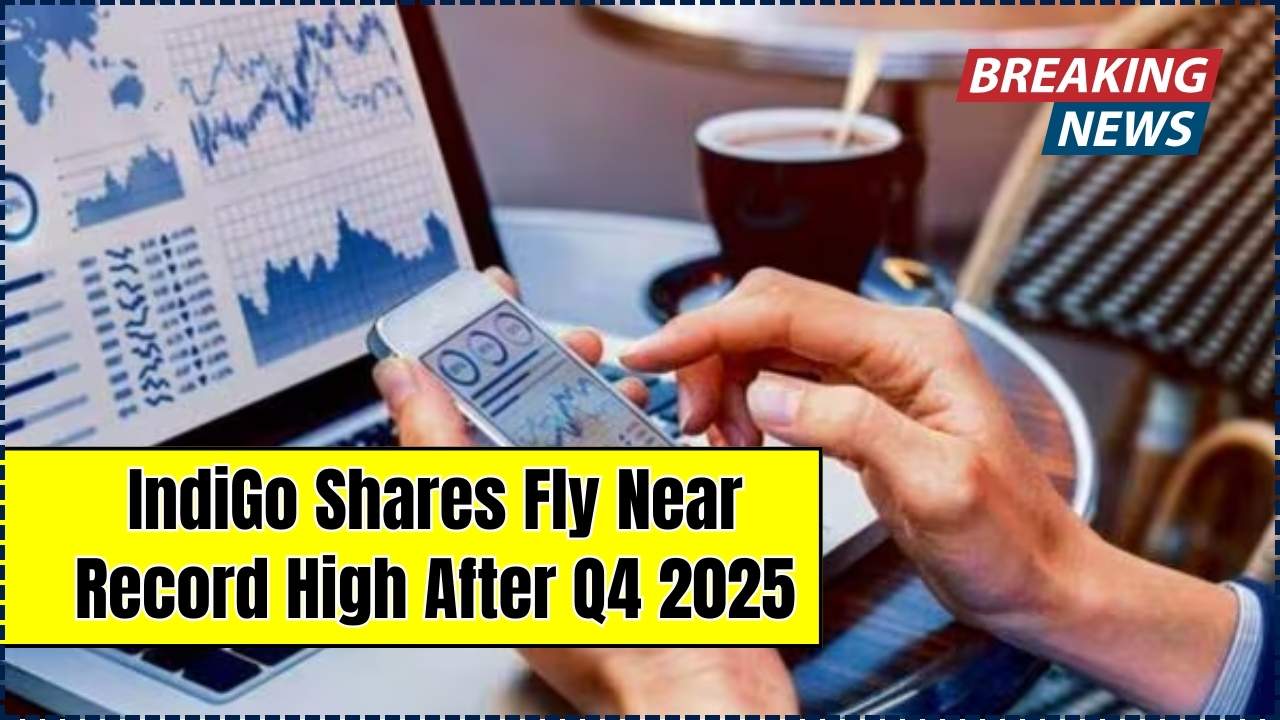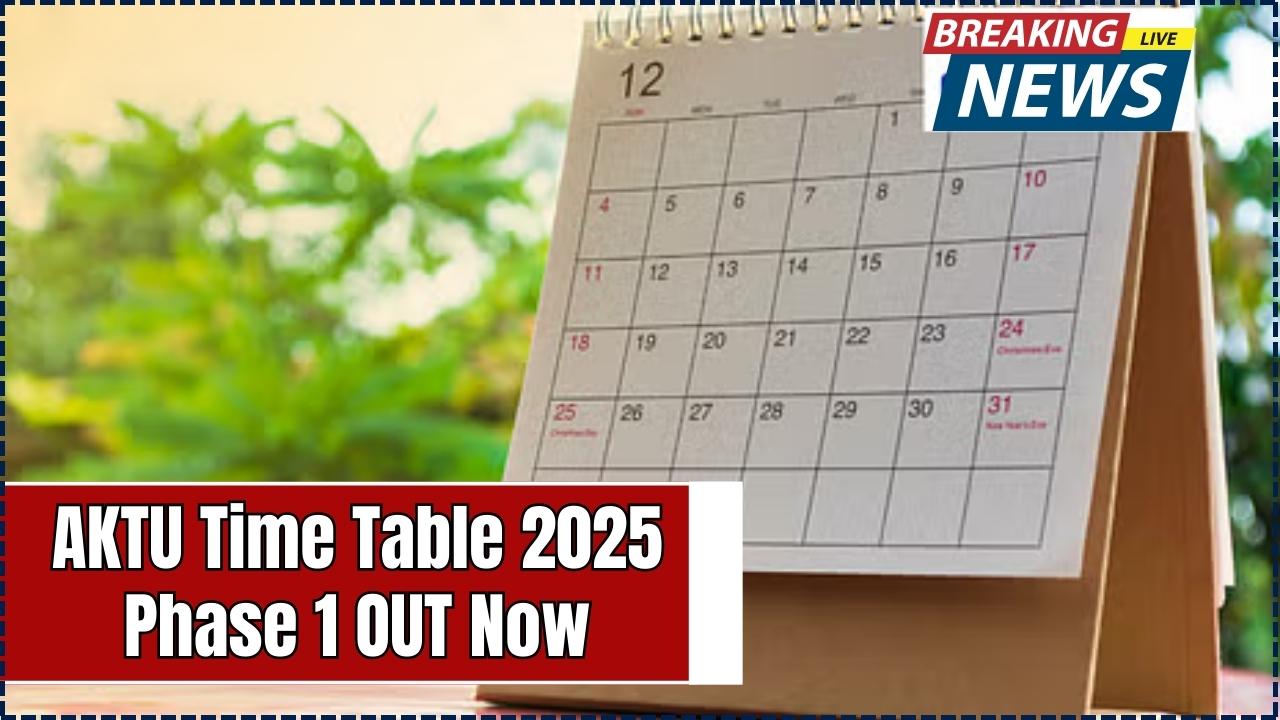TTD Brings AI, Facial Recognition & Anti-Drone Tech: Tirumala Tirupati Devasthanams (TTD) has taken a bold leap into the future of pilgrimage management by introducing AI-driven technologies, facial recognition, and anti-drone systems at the revered Sri Venkateswara Temple in Tirumala, Andhra Pradesh. As one of the most visited religious sites in the world—welcoming over 30 million devotees annually—security, efficiency, and devotion must seamlessly coexist. The integration of modern technologies is set to transform the sacred hill into a model for smart religious tourism.

This move isn’t just about embracing digital transformation. It’s about enhancing pilgrim safety, streamlining services, and maintaining the sanctity of the temple experience for millions. Let’s explore what this upgrade means for visitors, the temple trust, and the future of religious tourism in India.
TTD Brings AI, Facial Recognition & Anti-Drone Tech
| Feature | Details |
|---|---|
| Technologies Deployed | Artificial Intelligence, Facial Recognition, Anti-Drone Systems |
| Primary Objective | Enhance security, streamline darshan process, prevent impersonation, and ensure public safety |
| Implementation Mode | Phased rollout starting mid-2025 |
| Pilgrims Affected | Over 30 million annually |
| Supporting Organizations | DRDO (Defense Research and Development Organisation), Ministry of Civil Aviation |
| Privacy Measures | Facial data encrypted and stored securely; complies with data protection laws |
| Official Website | https://www.tirumala.org |
By embracing AI, facial recognition, and anti-drone technology, TTD is taking a decisive step into the future—not just for convenience, but for security, dignity, and devotion. As India balances tradition with technology, Tirumala now stands as a model for modern pilgrimage infrastructure.
While challenges in data privacy and public adaptation remain, the long-term vision of a safer, smarter, and more spiritual journey is well underway.
Why TTD Is Introducing AI, Facial Recognition & Anti-Drone Systems
Tirumala has always stood for faith and tradition. But with millions of pilgrims visiting each year, managing safety, security, and service delivery has grown exponentially complex. According to TTD authorities, recent years have seen:
- Increased security threats, including unauthorized drone activity
- Rising cases of ticket duplication and impersonation
- Crowd management challenges, especially during festivals and peak seasons
The adoption of smart surveillance systems and automation tools is meant to address these pain points.
“This initiative is not about surveillance—it’s about safety and service,” said a senior TTD board member during the announcement.
How Anti-Drone Technology Works at Tirumala
In recent months, there have been multiple reports of drones flying over the temple premises, raising alarms over potential threats and privacy breaches. In response, TTD has decided to install anti-drone detection and neutralization systems.
Key Features:
- Real-time UAV detection using radar and radio frequency sensors
- Geo-fencing to automatically track unauthorized aerial activity
- Neutralization protocols, such as jamming or safe capture
These systems are expected to be deployed in collaboration with agencies like DRDO, who specialize in defense-grade drone interception technologies.
Facial Recognition: Streamlining the Darshan Experience
One of the core updates involves the use of facial recognition technology (FRT) to streamline darshan queues and eliminate fraudulent bookings. Pilgrims registering for time-slot-based darshan will now have their facial data captured and stored securely at the time of booking.
Benefits for Pilgrims:
- Faster check-ins at darshan entry points
- Reduced impersonation and ticket misuse
- Efficient crowd segregation based on booking categories (e.g., VIP, free darshan, senior citizen)
The entire process will be contactless, ensuring hygiene and convenience.
AI for Crowd Management and Surveillance
Artificial Intelligence will also play a major role in managing real-time crowd behavior and security analytics. High-definition cameras equipped with AI will monitor:
- Crowd density in key temple areas
- Unusual movement patterns or potential stampedes
- Behavioral analytics to detect unattended objects or loitering
These systems are integrated with a central command center, enabling rapid response during emergencies. This move is expected to drastically reduce the risk of crowd-related accidents, a persistent concern at religious gatherings.
Privacy & Ethical Concerns: TTD’s Assurance
Naturally, the use of FRT and AI raises concerns about data privacy and ethical use. TTD has stated that all data will be:
- Encrypted using government-grade security standards
- Stored on secure servers maintained by the TTD IT wing
- Used solely for operational efficiency and security
- Automatically deleted after a set period unless flagged for legal purposes
TTD also plans to publish a data privacy policy, aligning with India’s Personal Data Protection Bill.
TTD Brings AI, Facial Recognition & Anti-Drone Tech: What Pilgrims Can Expect
- Booking Online: Pilgrims book their darshan slots via tirumala.org. They will be asked to upload a recent photograph.
- Arrival & Face Scan: Upon arrival, designated kiosks at the entry gate will scan the pilgrim’s face to verify identity.
- Access Granted: Once verified, access will be granted. Unauthorized entries or ticket misuse will be flagged immediately.
- In-Temple Monitoring: Smart cameras monitor behavior and movement to ensure compliance and identify anomalies.
How This Impacts Local Businesses & Pilgrimage Tourism
The technological facelift isn’t limited to security. TTD also aims to boost digital engagement, including:
- Smart Parking Systems for better vehicle management
- E-guides and multilingual AI chatbots for information dissemination
- Integration with hotel and lodge databases to ensure verified bookings
This is expected to enhance tourism experiences and create new opportunities for tech-savvy entrepreneurs and service providers in the region.
FAQs On TTD Brings AI, Facial Recognition & Anti-Drone Tech
Q1: Is facial recognition mandatory for all pilgrims?
A: It is currently being rolled out for online bookings and will be extended to offline counters in future.
Q2: What happens if someone refuses to submit facial data?
A: Alternate manual verification will remain available during the early phases.
Q3: Can drones be used by media or professional photographers?
A: Drone usage will require prior approval from temple authorities and local police.
Q4: Will this tech be used for marketing or surveillance?
A: No. TTD has assured that no commercial use of data will be permitted.
Q5: Is there an app for pilgrims to track crowd status?
A: Yes. The TTD mobile app will soon feature real-time crowd status, queue lengths, and estimated darshan times.







